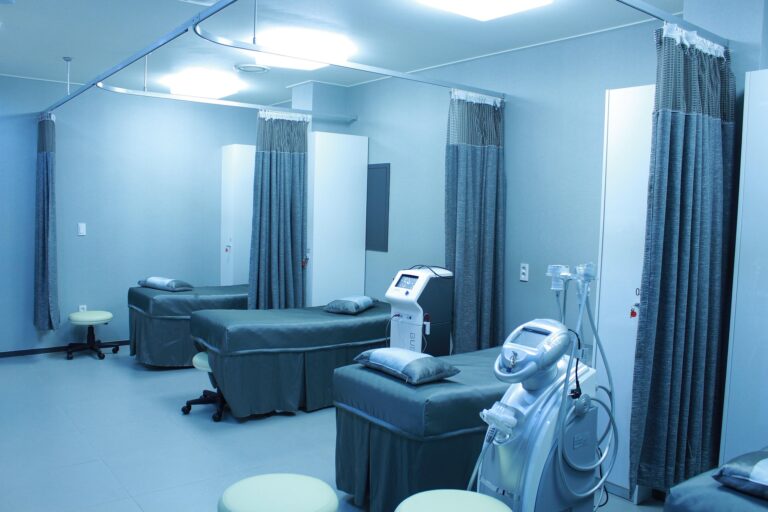With the government’s 10-year NHS plan soon to be unveiled, a Leeds-based digital health expert has released a new manifesto calling for the creation of the ‘Monzo of hospitals.’
Taking inspiration from how Monzo transformed banking, the model dubbed ‘The Everywhere Hospital’, puts the individual at its heart and is designed to be faster, smarter and more accessible.
“This isn’t about digitising existing hospitals, it’s a radical rethink regarding the very nature of healthcare delivery,” said Michael Hardman, the principal engineer and EPR lead at sister companies Aire Logic and Aire Innovate. “We’re posing the question: what if we started over? How would we build a modern health service from the ground-up?”
The idea is centred on using technologies, that are already being deployed in other industries, to put patients at the centre – leveraging automation for efficiency and using data-driven insights to improve outcomes.
“This is exactly the kind of thought leadership we need if we’re going to meet the healthcare challenges we are facing and truly put the patients at the centre of transformation,” says Alistair Reid-Pearson, chief information officer at The Christie NHS Foundation Trust.
The future of healthcare is ‘The Everywhere Hospital’ – a new blueprint for care that is decentralised and designed to move with people, according to Hardman.
READ MORE: GB News announces US expansion
Aire Logic’s model supports the Department of Health & Social Care’s (DHSC) three big shifts – from hospital to community; sickness to prevention; analogue to digital – and takes these plans to their ultimate conclusion – recognising that, though a computer can’t care for patients, there is a lot of untapped potential for technology to make clinicians’ ever increasing tasks more achievable. The nuance being that Aire Logic is switching the emphasis from patching up legacy systems, to creating an entirely new infrastructure under a different set of guiding principles.
Perhaps most radically ‘The Everywhere Hospital’ proposes doing away with costly, sprawling assets in favour of specialist treatment centres. So instead of the hospital being a place it becomes a blueprint for care that is decentralised and designed to move with people; connecting multiple providers and integrating seamlessly within communities, with preventative care at its core.
Another inversion of principles put forward in the manifesto is to make changes to the ownership of medical data. Rather than locking patient records inside fragmented and incompatible systems the patient becomes the keeper and has full control over their own medical history.
The philosophy and key recommendations for shaping ‘The Everywhere Hospital’ are fully set out in a new industry report published by Aire Logic that strongly aligns with government plans already alluded to regarding ambitions for a single patient record and digital and community taking over from hospitals.
“We want this to be more than a thought experiment. It’s a necessary response to the inefficiencies, frustrations and limitations of traditional healthcare systems and we need to bring different perspectives into the mix to make this a meaningful exercise,” adds Aire Logic’s, Michael Hardman.
“We’re also well aware that, while the model represents a compelling vision for the future of healthcare, it isn’t without significant obstacles. Our industry is one of the most highly regulated, entrenched and risk-averse sectors in the world, meaning that radical innovation is often met with significant resistance.
“From regulatory hurdles to cultural inertia, ‘The Everywhere Hospital’ in any shape or form is going to have to navigate some complex system intricacies in order to succeed and constructively challenge the status quo.”
Proposals include adopting ‘just-in-time’ healthcare, AI-driven triage and diagnostics and deploying edge computing for real-time decision making. It is also envisaged adopting a truly tech-first mindset will help the NHS to break the burnout cycle, attract the best talent and win over public trust.









